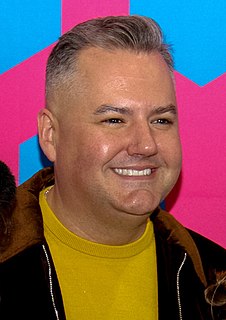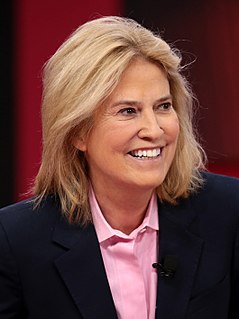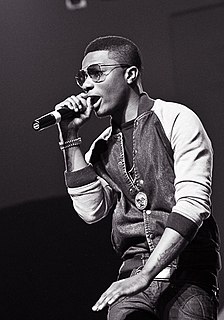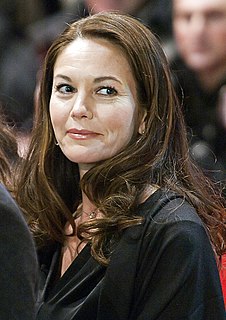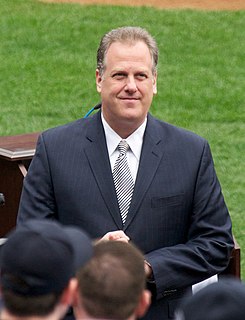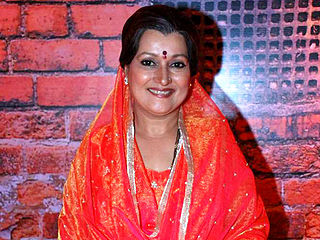A Quote by Jim Lee
It's interesting - a lot of what you accomplish in your lifetime either as an individual or as a company is determined by other people. I mean, you can do interview after interview and defend a point of view, but more often than not, the collective kind of opinion will be the one viewed historically and taken as gospel.
Related Quotes
I am of the opinion, and even more so the older I get, that it is more difficult to have hope than it is to despair. And I mean this in the sense that in order to have hope you must acknowledge the despair and then you have to get beyond it. Taken from a radio interview given on BBC Radio 4's Open Book
Usually, you get to interview that one girl who plays the sister on some Disney show - you interview that girl a lot - but sometimes, every once in a while, you get to interview a legend. I have interviewed some amazingly iconic people, including Michelle Obama, Oprah, Sidney Poitier and Judy Dench. These people are legit icons.
I had been in a Shakespeare company for three years and done a lot of Shakespeare. That was fun. That was interesting. It was a lot of work - anything other than Shakespeare was less work. I had a lot of interesting roles, but I don't point to them and say, "That was more interesting than that," because I don't know what the criteria are.
Curiosity and listening [are the principles to an excellent interview]. I never go into an interview with a dedicated list of questions in which I will not deviate. You must be curious about the subject and listen to his answer and ask the next question off that rather than the next question on your list.
Years ago I read an interview with Paula Fox in which she said that in writing, truth is just as important as story. Reading that interview was the first time I really understood that there's no point in trying to impress people with my cleverness when I can just try to write honestly about what matters most to me.





